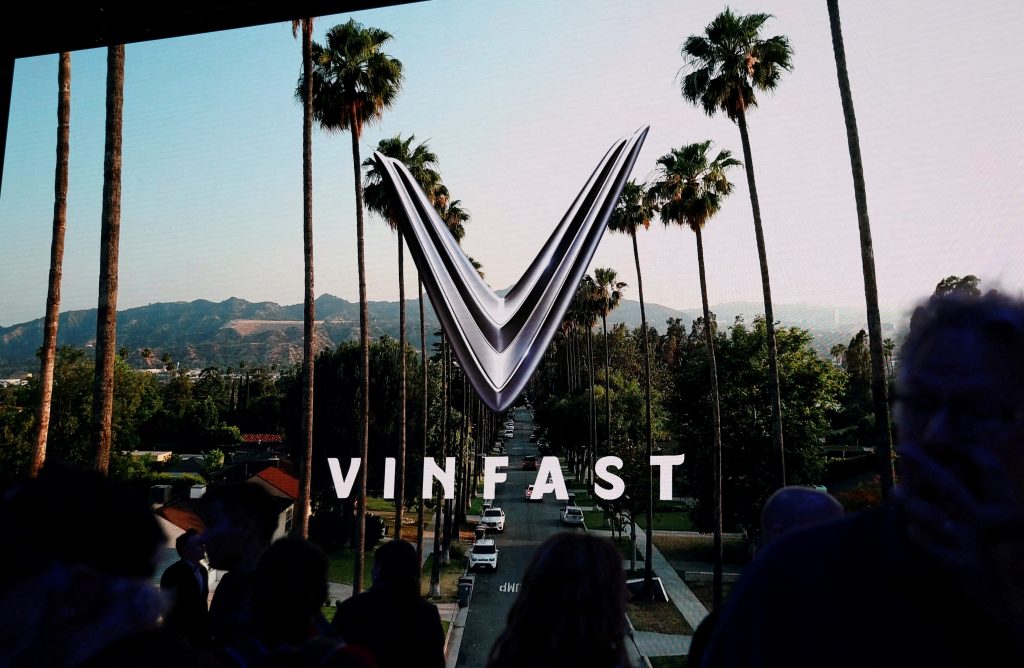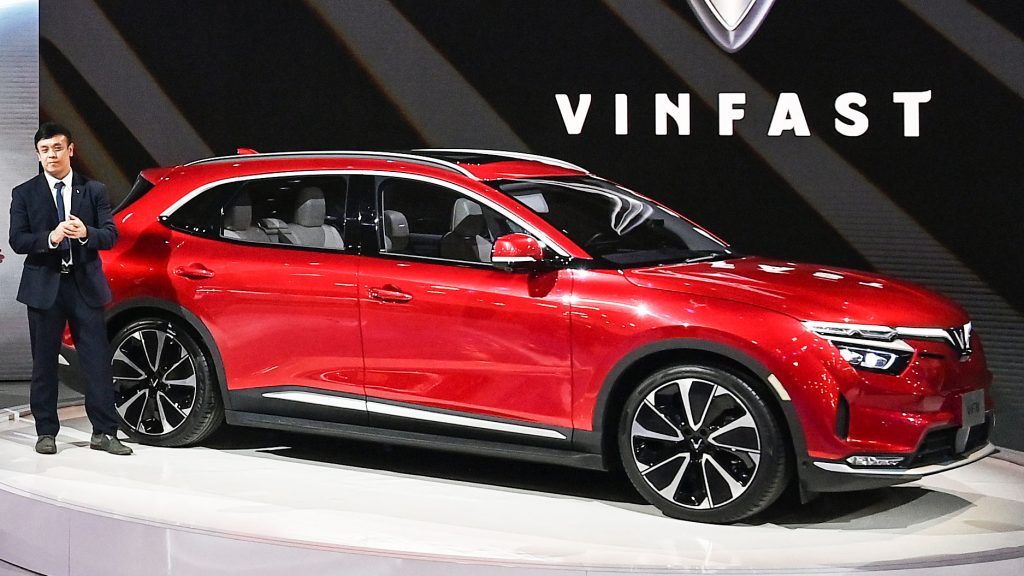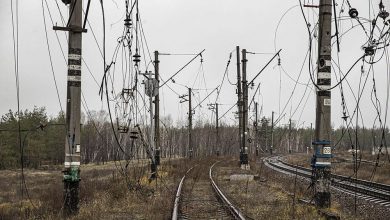
On its first day of trading, VinFast, a Vietnamese electric vehicle (EV) manufacturer, saw its stock market valuation soar above that of Ford and General Motors (GM).
The company’s shares, which have not yet turned a profit, closed above $37 (£29) each in their New York debut.
Thus, VinFast’s stock market valuation increased to $85 billion, far exceeding Ford’s $48 billion and GM’s $46 billion.
It happens as established automakers compete with newer manufacturers for a piece of the booming EV market.
Pham Nhat Vuong, the chairman and founder of VinFast, who was already the richest person in Vietnam, saw an increase in wealth of about $39 billion as a result of the listing.
The largest conglomerate in Vietnam, Vingroup JSC, is where he holds the majority of the outstanding shares of the company, according to regulatory filings.
As a result, there are fewer shares available for other investors to trade, which may cause significant price fluctuations.
On Tuesday, only about $185 million worth of VinFast shares were traded.
According to Bill Russo, founder and CEO of Shanghai-based Automobility, “Investors are continuing to believe that the future is in electric and that a low-cost East Asian country will emerge as a competitor in the US.
“The markets believe that given geopolitics that Vietnam, not China, will be that country.”
VinFast went public using a shell company, also known as a special purpose acquisition company (Spac), as opposed to a conventional share sale.
Start-ups frequently use Spac to hasten the typically expensive and slow process of going public with a private company.

In the past three years, a number of EV manufacturers, including Faraday Future and Lordstown Motors, have gone public using Spac.
However, since their mergers, the stock market values of both companies have fallen by more than 90%.
VinFast may be unique, according to Mr. Russo, because “they are primarily backed by Vingroup, which gives them access to funding from a business that has a proven track record of growth”.
“Most EV start-ups fail because they do not have profitable core and external funding eventually runs out as they burn capital far faster than they generate cash,” he said.
However, as major players compete for market dominance, VinFast also faces fierce competition.
Source-BBC





